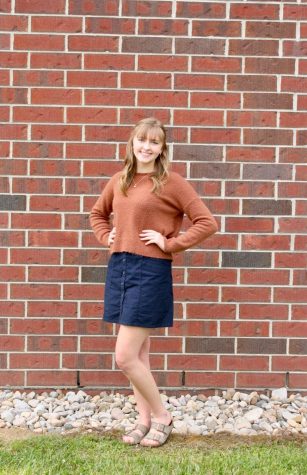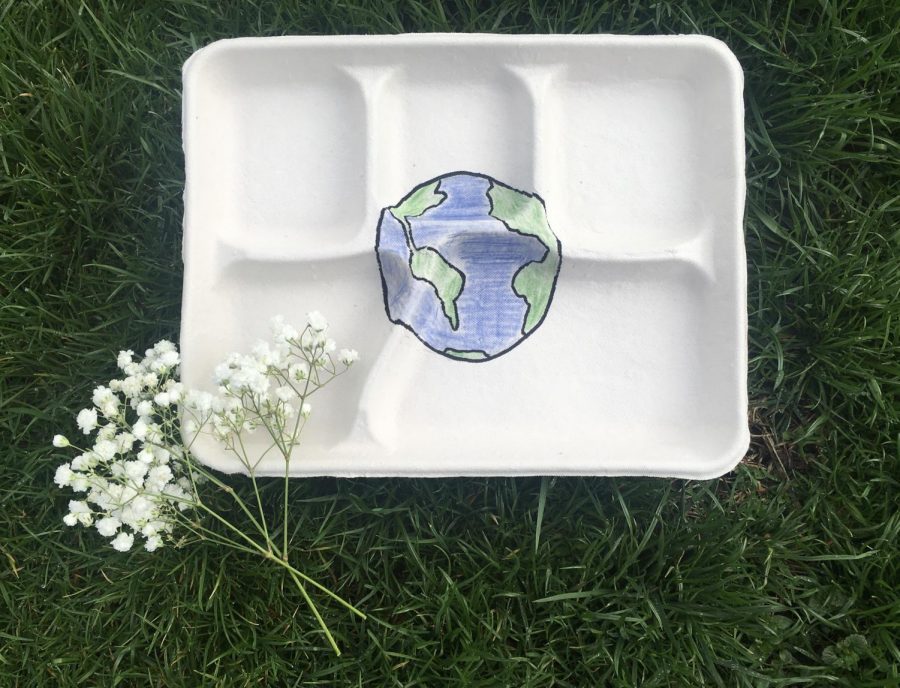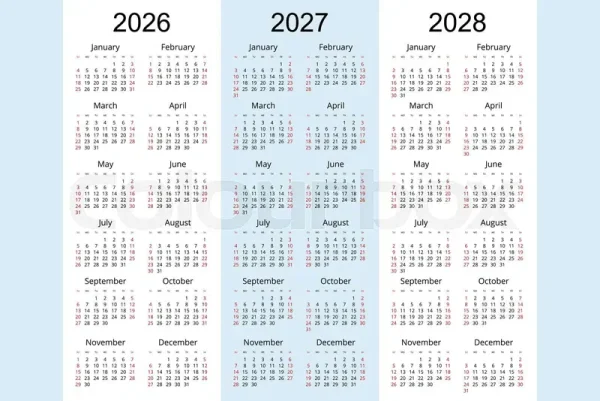RHS Cafeteria Increases Sustainability
Earth-friendly changes, such as switching to biodegradable trays like the one pictured, will help make a positive impact on the environment.
It may seem as though there is little that a small, rural school can do to minimize society’s footprint on the earth; however, students and cafeteria staff at RHS are overcoming this flawed idea by implementing earth-friendly, sustainable ideas in the lunchroom such as biodegradable lunch trays, recyclable products, and food-conserving tactics.
“. . . sustainability looks to protect our natural environment, human and ecological health, while driving innovation and not compromising our way of life,” states environmentalscience.org.
Recently, a student-initiated project introduced biodegradable lunch trays to the cafeteria after trying to find ways to make the school more sustainable. Senior Juliana Curtis and her fellow group members decided to look to the cafeteria where much of the school’s waste is derived from.
“We thought changing to biodegradable trays would be an easy switch for the school to make,” Curtis stated.
According to Karen Trousdell, Director of Food Services, roughly 133,378 lunches have been sold in the district this school year, meaning that nearly this many styrofoam trays have been used as well. If not disposed of properly, this material could be harmful to the environment. Biodegradable trays, however, are a step in avoiding this preventable damage.
This eco-friendly decision will be recognized throughout the whole district. Trousdell stated, “All of the schools will be using the biodegradable [trays].”
In addition to the biodegradable trays, the containers used to store individual salads are recyclable. It is imperative that students check the packing of food items and place them in the proper recycling bin if possible.
According to a food waste audit conducted in March 2019 through a collaboration of JEE Foods and Green Umbrella Waste Reduction Action Team, each student is responsible for approximately .19 lbs of waste. 35% of this waste, however, is unopened, sharable items.
To combat the issue of allowing unused items to go to waste, the cafeteria staff introduced the share cart to RHS. Instead of throwing away the mandatory fruit choice or the vegetable they were just too full to eat, students can deliver these items to the cart at the front of the cafeteria, allowing another student who may still be hungry to put the food to good use.
With the share cart available and recyclable packing put into use, it is now up to the students to be aware of their role in the sustainability of the school.
“A lot of it has to do with students taking responsibility to help . . . it has to be a group effort,” Trousdell stated.
Do your part in improving sustainability and aiding our planet– only take food items you are going to eat, put unopened items in the share cart, and check your containers for recyclability. Your actions may seem small, but the impact they have can be significant.

Ainsley is a senior in her second year of journalism and is a Staff Writer and Editor. Other than journalism, she is involved in NHS, VAB, The Cappies, and is a Student Body Officer. Outside of school, you can almost always find her at a nearby coffee shop with her friends. She is excited to expand her knowledge of writing and share this passion with others.






